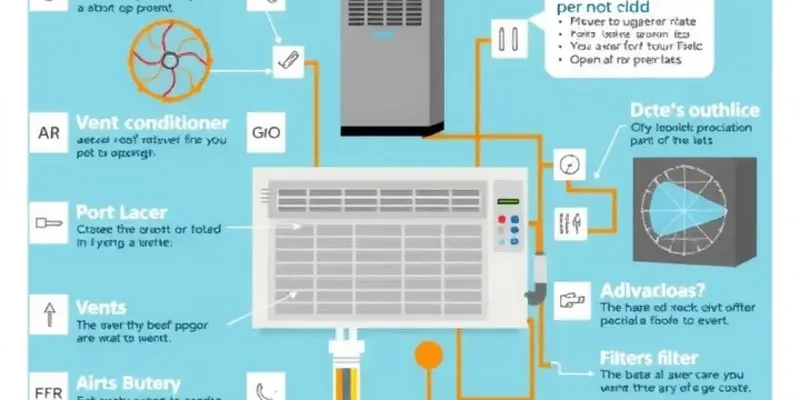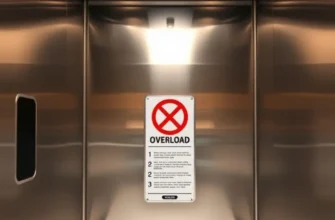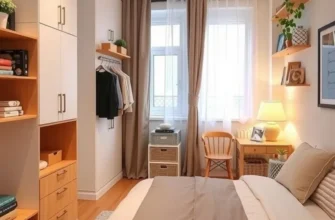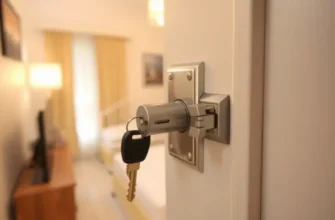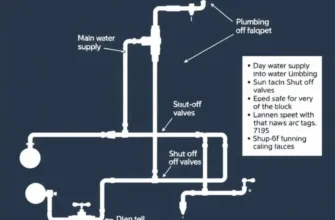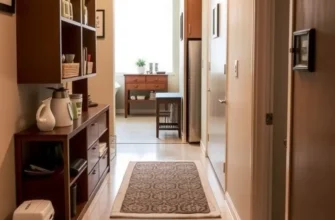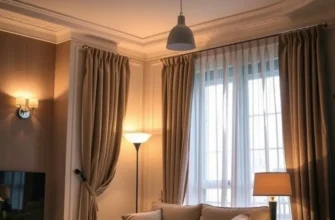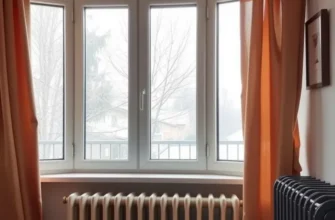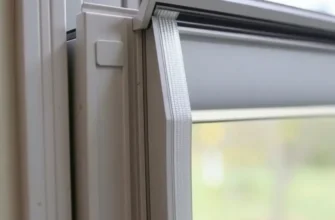Living in an apartment often means you must share some responsibility for the comfort and functionality of your space. Heating, ventilation, and air conditioning (HVAC) systems play a pivotal role in ensuring your home remains safe and pleasant. As a renter, understanding how to maintain these systems without headache is essential. From alerting your landlord about issues promptly to knowing how to care for the HVAC filters in your unit, proactive strategies can enhance your living experience. You’ll feel empowered knowing how to keep your home cozy during winter and cool in summer without constantly worrying about repairs or safety hazards. This guide aims to equip you with actionable tips tailored for renters, prioritizing safety, security, and practical maintenance solutions. With simple steps and practical advice, every renter can tackle HVAC care effectively, ensuring a more enjoyable living environment.
Understanding Your HVAC System’s Basics
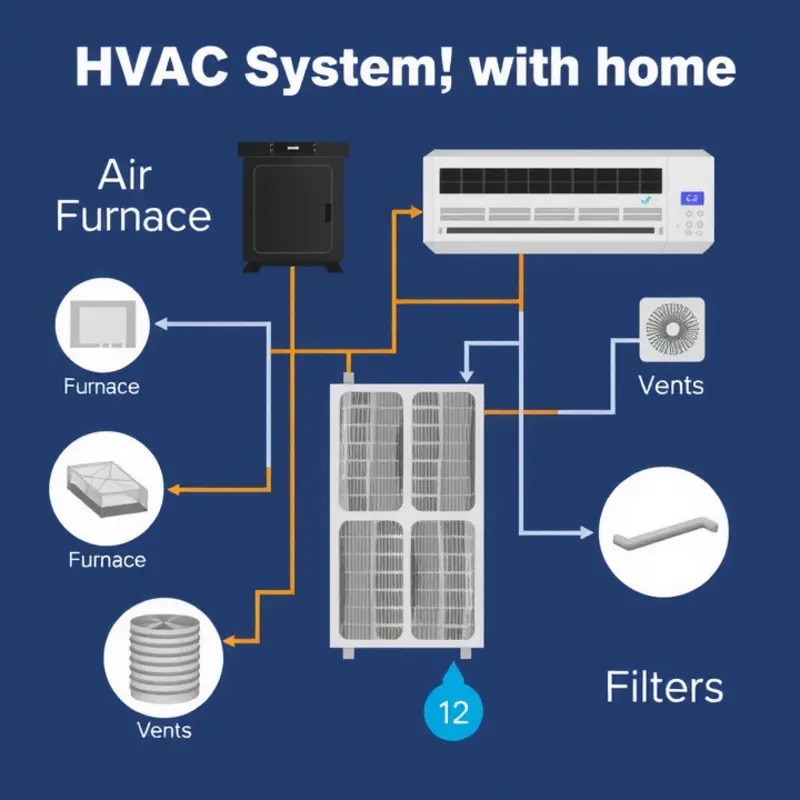
As a renter, gaining a functional understanding of your HVAC system is invaluable. The HVAC system is composed of heating, ventilation, and air conditioning components, each playing a crucial role in maintaining comfort within your apartment. Let’s dive into these components individually.
The heating component typically involves a furnace or a heat pump. Furnaces heat the air using natural gas, electricity, or oil, and then circulate it throughout the apartment using ductwork. Heat pumps, on the other hand, work by transferring heat from the outside air or ground into your apartment. It’s essential for renters to be aware of their heating system type, not only for operational knowledge but also for seasonal preparations. Make sure to regularly check that air vents or radiators are not obstructed by furniture.
When it comes to the cooling component, most apartments rely on central air conditioning systems or individual units, like window air conditioners. These systems cool the air by removing heat and humidity, then circulating the chilled air back into the living spaces. Renters should regularly clean or replace filters in both heating and cooling systems, which will enhance efficiency and extend the lifespan of your appliances. Also, ensure window AC units are securely installed to avoid any safety hazards.
Ventilation is a critical, yet often overlooked aspect. Proper ventilation regulates air quality, controlling odors, pollutants, and humidity levels. In modern systems, air exchanges are managed via vents or ERVs (Energy Recovery Ventilators). As a renter, it’s important to be aware of the location of these vents or systems and keep them unblocked. Routine inspections by the landlord or property manager should also be requested to ensure optimal function.
Regarding safety precautions, it’s crucial for renters to be proactive in maintaining HVAC systems to prevent potential hazards. Avoid dangerous scenarios by knowing the location of emergency shut-off valves and circuit breakers associated with your HVAC equipment. Ensure that heating elements, like radiator pipes, are not covered or in contact with combustible materials, which can be a fire hazard. Regularly check for any abnormal sounds or smells and report these to your property manager immediately, as they might indicate a malfunction.
For those renting during colder months, you might find our winter apartment maintenance guide especially useful. It provides additional tips on how to efficiently manage your HVAC system during the colder season.
Lastly, establishing good communication with your landlord or property manager can significantly ease the process of HVAC maintenance. They ensure scheduling of regular inspections and provide guidance when issues arise. Remember, as a renter, while you do not own the HVAC system, taking these simple steps can lead to a safer, more efficient living space.
Proactive Maintenance Solutions for Apartments
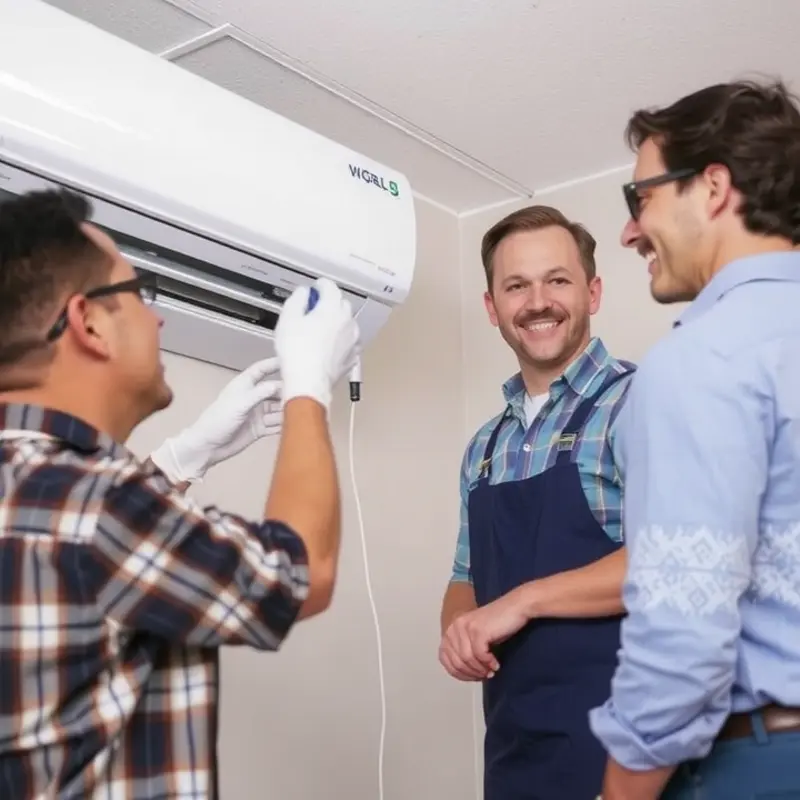
As a renter, understanding how to keep your HVAC system running smoothly is crucial for comfort and safety. An often overlooked aspect of apartment living, HVAC systems require regular attention to function efficiently. Here are some practical strategies to ensure optimal operation and when to reach out for expert assistance.
Begin with regular inspections. Simply checking vents and units can prevent significant problems. Look for signs of wear, like frayed wires or rust, and ensure vents aren’t blocked by furniture or drapery. It’s also vital that vents remain free from dust and debris, helping maintain good air circulation and efficiency.
Secondly, establish a habit of changing air filters regularly. Clean filters enhance airflow and keep your system from overworking. While this may vary based on the system and usage, a general rule is every three months. However, if you notice the filter is dirty or clogged earlier, replace it immediately. For more DIY maintenance tips, you might find this guide on renter-friendly bathroom upgrades inspiring for managing simple tasks around the house.
Routine cleaning is essential. Dust the exterior of the unit, and vacuum vents to avoid dust accumulation. For indoor air handlers, wiping down the exterior and clearing any visible dirt can help maintain cleanliness. Remember, always turn off the system before cleaning any part of it to ensure safety.
Safety should always be a top priority. Test carbon monoxide detectors regularly if your system uses gas. This could prevent critical situations, as carbon monoxide is odorless and potentially very dangerous. Ensure each room has a working smoke detector as well, providing a layer of safety against unexpected hazards.
While many tasks are straightforward, knowing when to call a professional is key. Unusual noises, inconsistent temperatures, or spikes in your energy bill can indicate serious issues. Professionals can diagnose and fix problems effectively, ensuring your system runs safely and efficiently.
Lastly, familiarize yourself with your lease agreement concerning maintenance responsibilities. Landlords usually cover significant repairs, but smaller, preventive maintenance may fall on you. Understanding these details prevents misunderstandings and ensures timely repairs.
By taking a proactive approach, maintaining your HVAC system in a rental apartment can be manageable. Regular care not only extends the unit’s lifespan but also keeps energy bills in check. Remember, when in doubt, don’t hesitate to contact a professional to ensure your living space remains comfortable and secure.
Final words
Taking responsibility for your HVAC system doesn’t have to be daunting. With a bit of knowledge and proactive measures, you can ensure that your apartment remains safe, secure, and comfortable. From understanding your system’s basics to implementing simple maintenance routines, your efforts can prevent costly repairs and enhance your living experience. Always remember, communication with your landlord is vital; don’t hesitate to reach out when you spot a problem. Empower yourself with this knowledge, and enjoy a hassle-free HVAC experience in your rental space.

